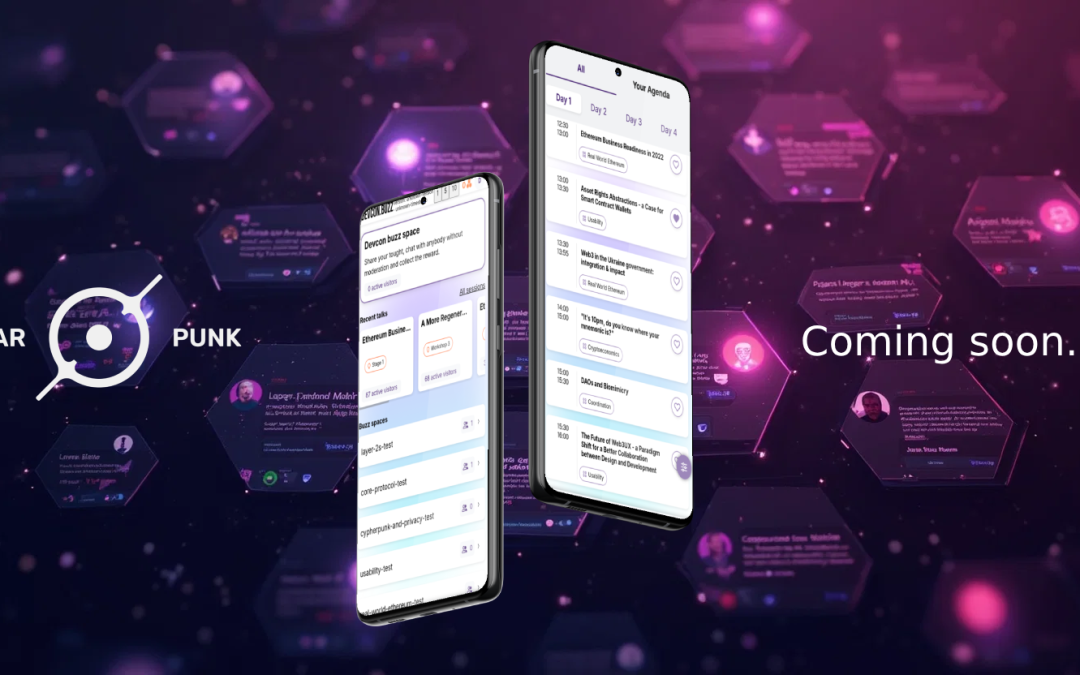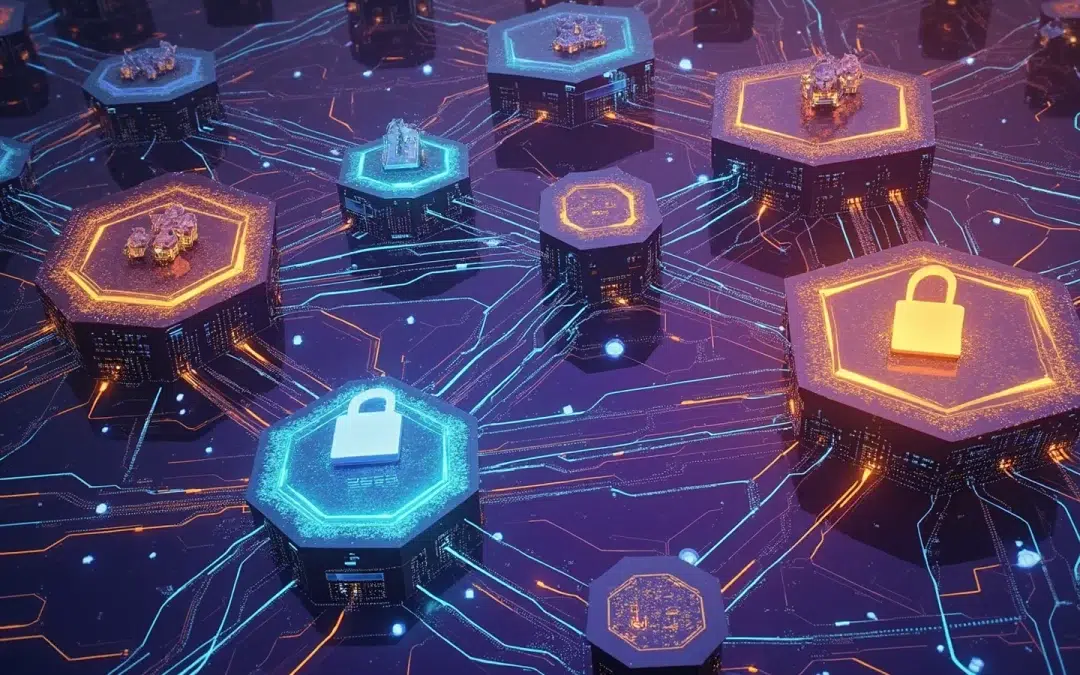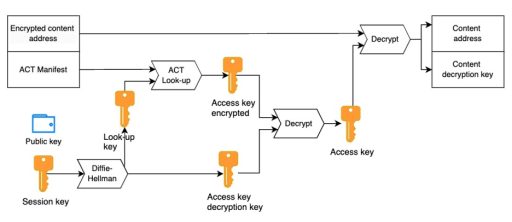Devcon7, a landmark gathering for developers from across the globe, is set to witness a seismic shift in how attendees connect and communicate. Amidst growing concerns about data privacy and centralized control, Solar Punk, a visionary tech collective, has stepped up to answer the call with a groundbreaking new app, Devcon.buzz.
Devcon7 and it’s audience
Devcon is a biannual conference that brings together Ethereum developers and enthusiasts to explore the latest advancements and future potential of blockchain technology. This community is acutely aware of the risks posed by centralized platforms that collect, store, and often exploit user data— a reality underscored by recent issues with once-trusted social platforms. The audience longs for a communication platform where they can freely exchange ideas and collaborate without sacrificing their privacy.
Devcon.buzz: the power of anonymous chatting
Anonymous chatting offers a solution to this pressing need. It empowers users to engage in open and honest discussions without fear of having their personal information tracked or misused. This feature resonates deeply with the Devcon7 vision of fostering a secure, unstoppable, and censorship-free space for brainstorming, problem-solving, and knowledge-sharing.
Solar Punk’s solution
Solar Punk’s app, built on the decentralized architecture of Swarm, revolutionizes communication at Devcon7. It leverages Swarm’s robust capabilities to provide a secure and private platform for real-time chatting, with all components fully decentralized.
The app streamlines the Devcon experience by:
- Providing a comprehensive conference agenda: Attendees can stay organized and up-to-date with sessions and events.
- Organizing discussions by agenda topics: This helps users to easily connect with like-minded individuals and engage in relevant conversations.
- Facilitating anonymous chatting: Users can freely express ideas without compromising their privacy.
- Rewarding active participation: Encouraging users to explore Swarm’s features and contribute to the network’s growth.
The impact
This app demonstrates the potential of Swarm to revolutionize real-time communication in a truly decentralized manner. By empowering Devcon7 attendees to connect and collaborate anonymously, Solar Punk has not only addressed a major concern of the Devcon7 audience but also set a new standard for data privacy in the digital age.
The combination of the app’s features and the decentralized nature of Swarm creates a unique and powerful communication tool for Devcon7 attendees. It fosters a sense of community and encourages open dialogue while ensuring that users retain control of their privacy.
Join the conversation at Devcon7 and experience the future of communication on Swarm with Devcon.buzz!




